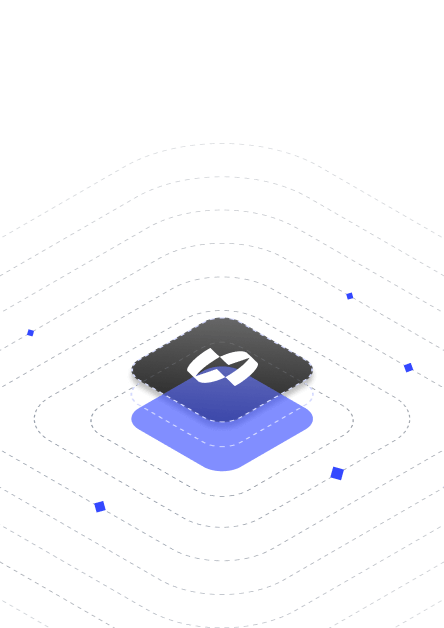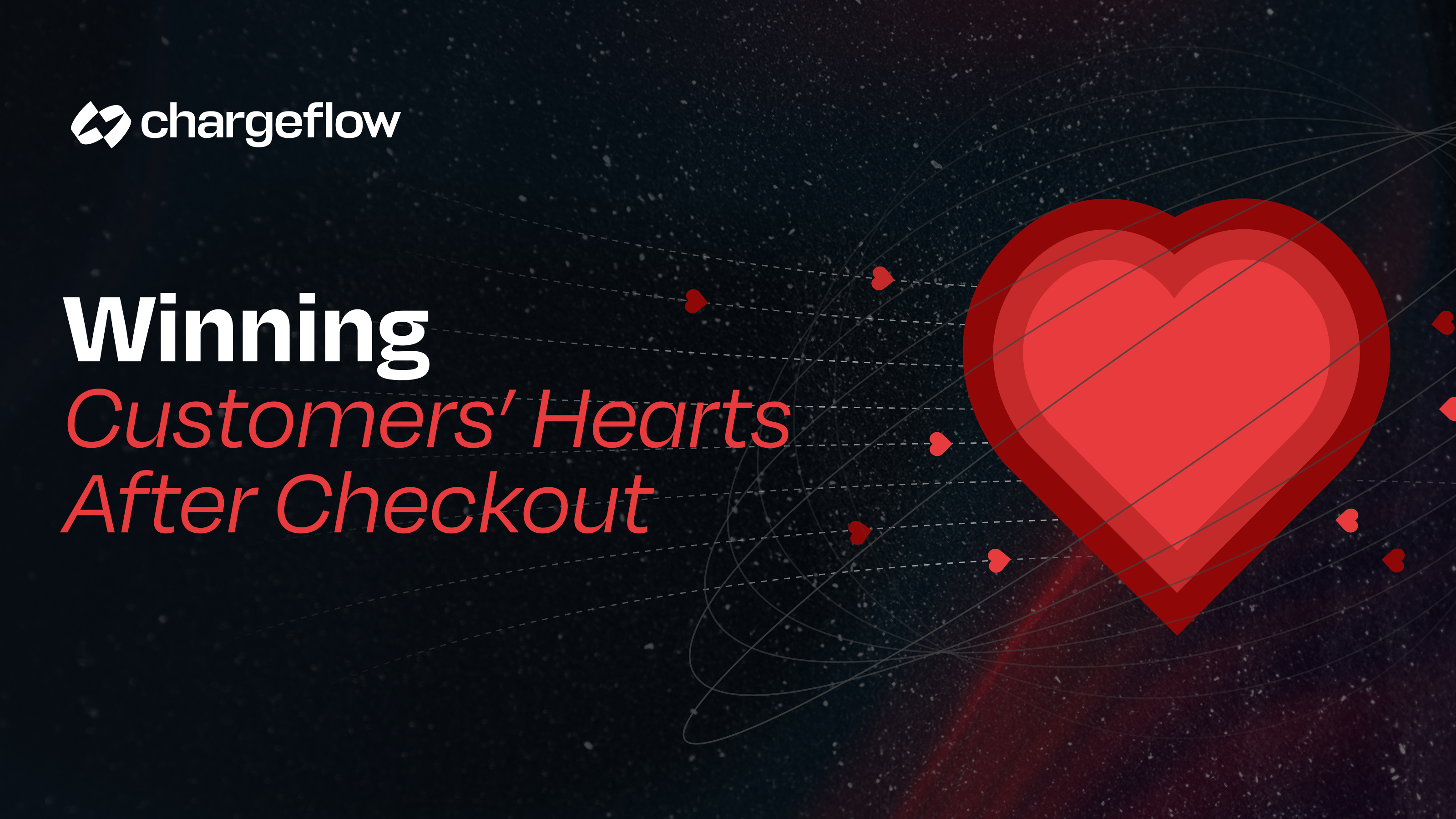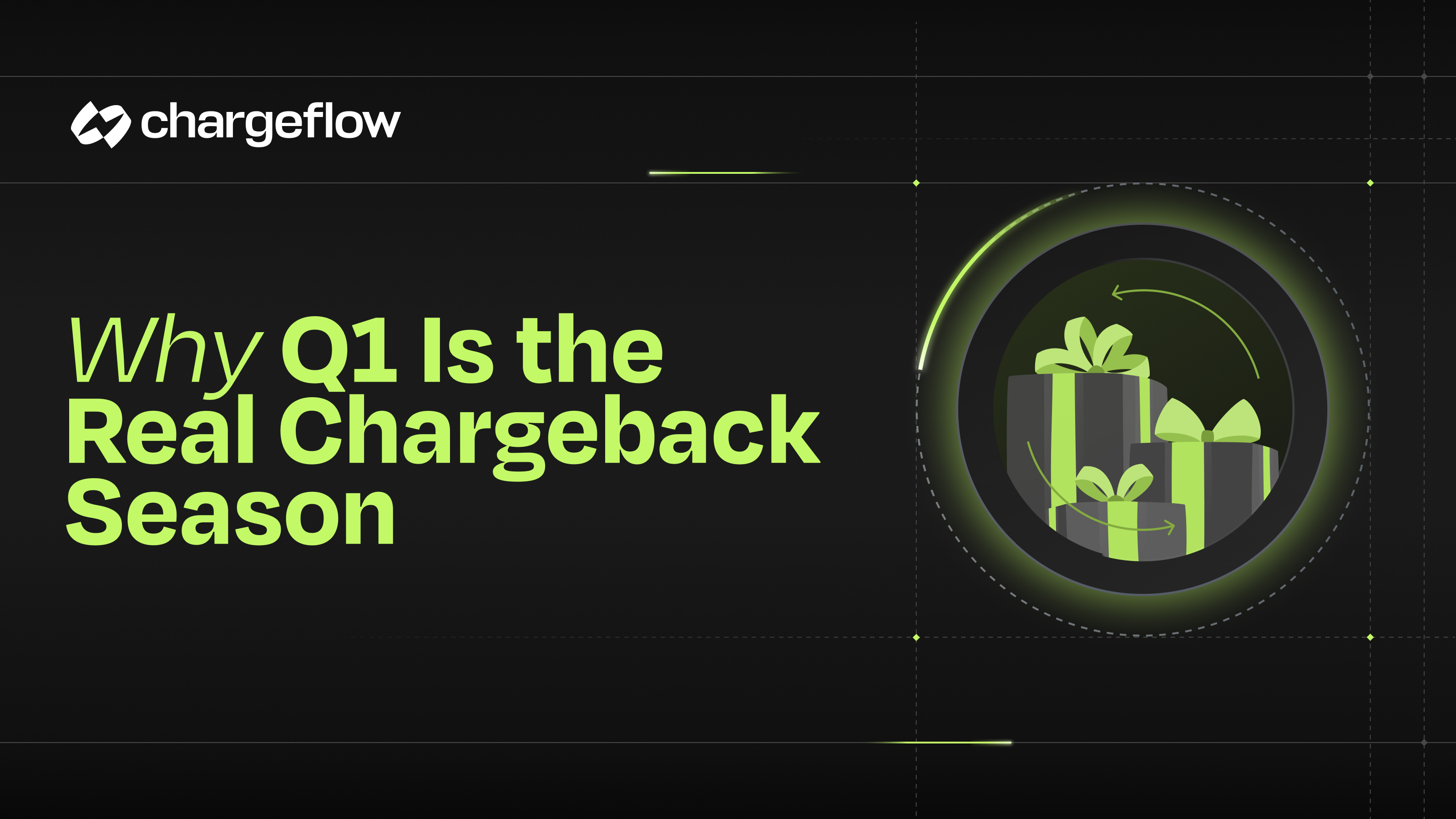Chargeback Collection through DEBT Collector: Is It a Viable Solution for Merchants?

Chargebacks?
No longer your problem.
Recover 4x more chargebacks and prevent up to 90% of incoming ones, powered by AI and a global network of 15,000 merchants.
Exploring chargeback collection with debt collectors: Is it a viable option for merchants? Discover the potential benefits and considerations.
Welcome to our comprehensive guide on chargeback collection through debt collectors and its viability as a solution for merchants. As a business owner, you understand the significant impact chargebacks can have on your financial stability and reputation. This is where debt collection agencies come into play.
In this article, we will explore the world of chargebacks, their implications for merchants, and the challenges they pose. We will delve into the concept of using debt collectors as a viable solution to recover funds lost through chargebacks.
By understanding the basics of chargebacks and the benefits of partnering with a debt collection agency, you can make informed decisions for your business.
Throughout this guide, we will provide you with valuable insights, practical advice, and answers to frequently asked questions to help you navigate the chargeback recovery process successfully.
Whether you're new to chargebacks or seeking alternative solutions, this article aims to equip you with the knowledge needed to make informed decisions and protect your business's financial health.
So, let's dive in and explore the world of chargeback collection through debt collectors.
Challenges Faced by Merchants in Chargeback Recovery
When it comes to chargeback recovery, merchants face a multitude of challenges that can significantly impact their financial well-being and business reputation. Understanding these challenges is crucial for merchants seeking effective solutions. Here are some key challenges faced by merchants in chargeback recovery:
1. High Chargeback Fees and Costs
Chargebacks not only result in lost revenue for merchants but also come with additional fees imposed by payment processors. These fees can quickly add up, causing financial strain for businesses.
2. Difficulty in Recovering Funds from Customers
Recovering funds from customers who initiated chargebacks can be a complex and time-consuming process. Merchants often find it challenging to collect the necessary evidence and navigate the intricate procedures required for chargeback representment.
3. Impact on Merchant's Reputation and Relationship with Payment Processors
Frequent chargebacks can damage a merchant's reputation and credibility. It may lead to strained relationships with payment processors, who may impose stricter terms or even terminate the merchant's account altogether.
4. Limited Resources for In-House Chargeback Management
Many small and medium-sized merchants lack the necessary resources and expertise to handle chargeback recovery in-house. They may not have dedicated staff or advanced fraud detection tools, making it even more challenging to effectively address chargebacks.
5. Time Sensitivity of Chargeback Disputes
Chargeback disputes often have strict deadlines, leaving merchants with limited time to gather evidence and respond adequately. Failure to meet these deadlines can result in automatic chargeback losses, further exacerbating the financial impact.
6. Constantly Evolving Fraud Techniques
Fraudsters continuously adapt their tactics, making it difficult for merchants to stay ahead of the game. The ever-changing landscape of fraudulent activities requires ongoing investment in fraud prevention tools and staff training, which can strain merchant resources.
7. Regulatory Compliance and Legal Considerations
Chargeback recovery involves navigating complex legal and regulatory frameworks. Merchants need to ensure their practices comply with relevant laws, such as the Fair Credit Billing Act (FCBA), while also protecting customer privacy and sensitive information.
How Debt Collection Agencies Can Help Merchants
Dealing with chargebacks can be a significant challenge for merchants, both financially and operationally. However, there is a viable solution that can assist merchants in recovering funds and navigating the complex process of chargeback collection. Debt collection agencies play a crucial role in helping merchants with this task.
- Expertise and Specialized Knowledge: Debt collection agencies have extensive experience and specialized knowledge in dealing with chargebacks. They understand the intricacies of the process, including the relevant laws and regulations. By leveraging their expertise, they can effectively navigate through the complexities and increase the chances of successful chargeback recovery.
- Professional Communication: Effective communication is key when it comes to chargeback collection. Debt collection agencies have trained professionals who specialize in dealing with debtors and navigating difficult conversations. They employ persuasive techniques and employ professional negotiation tactics to reach a resolution. By acting as a neutral third party, debt collection agencies can help maintain the merchant's reputation and customer relationships.
- Legal Compliance: Debt collection agencies are well-versed in the legal aspects of chargeback collection. They understand the regulations and laws governing debt collection practices, ensuring that all actions taken are in compliance. By working with a reputable agency, merchants can mitigate the risks associated with legal non-compliance and protect their business interests.
The Process of Chargeback Collection through a Debt Collector
When it comes to chargeback collection, hiring a debt collector can be a viable solution for merchants. Here's a step-by-step guide on how the process works:
1. Contacting the Debt Collector: The merchant reaches out to a reputable debt collection agency specializing in chargeback recovery. This initial contact involves providing an overview of the situation and sharing the necessary documentation.
2. Assessment: The debt collection agency reviews the provided information to assess the viability of the case. They evaluate factors such as the strength of evidence, the amount of funds involved, and the likelihood of successful recovery.
3. Agreement: If the debt collection agency determines that the case is viable, they will enter into an agreement with the merchant. The agreement outlines the terms, fees, and responsibilities of both parties.
4. Collection Efforts: Once the agreement is in place, the debt collector starts the collection process. They will communicate with the customers who initiated the chargebacks, aiming to recover the funds on behalf of the merchant.
5. Follow-up and Persistence: Debt collectors employ persistent follow-up strategies to maximize the chances of successful recovery. They may make multiple attempts to contact the customers, escalating their efforts if needed.
6. Legal Considerations: In some cases, when all other efforts have failed, the debt collector may explore legal actions. This step typically involves assessing the viability of legal action, pursuing litigation if necessary, and working closely with the merchant to understand their preferences and legal options.
7. Funds Recovery: As the debt collector successfully recovers funds from the chargebacks, they follow appropriate procedures for remittance to the merchant. The timeline for fund recovery may vary depending on the complexity of the case and the cooperation of the customers involved.
Potential Risks and Limitations of Using Debt Collectors
Using debt collectors for chargeback collection can be an effective solution for merchants, but it's important to be aware of the potential risks and limitations involved. Here are some key considerations to keep in mind:
1. Cost
Hiring a debt collection agency comes with costs. These agencies typically charge a fee or a percentage of the amount recovered. It's essential to understand the pricing structure and assess whether the potential recovery outweighs the expenses incurred.
2. Impact on Customer Relationships
Engaging a debt collector to pursue chargebacks may strain customer relationships. Customers might feel frustrated or offended when contacted by a third-party debt collector. Maintaining a delicate balance between recovering funds and preserving customer loyalty is crucial for long-term business success.
3. Legal Considerations
Debt collection is subject to various laws and regulations. It is essential to work with a reputable debt collection agency that complies with all relevant legal requirements. Failure to adhere to these laws can result in legal consequences, damage to your reputation, and potential lawsuits.
4. Compliance Requirements
Debt collection agencies must adhere to strict compliance guidelines, such as the Fair Debt Collection Practices Act (FDCPA). As a merchant, it's crucial to ensure that the agency you choose follows these guidelines to protect your customers and your business reputation.
5. Limited Control
When you hire a debt collection agency, you are relinquishing some control over the chargeback recovery process. The agency will handle negotiations and communications with the customers on your behalf. It's important to choose a reputable agency that aligns with your business goals and values to maintain a positive representation of your brand.
6. Success Rate
While debt collection agencies have experience and expertise in recovering funds, there is no guarantee of success. Each case is unique, and the outcome depends on various factors, including the debt collector's strategies and the willingness of the customer to cooperate. Before engaging an agency, it's essential to assess their success rate and track record in chargeback recovery.
7. Confidentiality Concerns
When working with a debt collection agency, sensitive customer information may be shared with them. Ensure that the agency follows strict data protection protocols and maintains confidentiality to safeguard customer privacy.
8. Additional Fees and Charges
Some debt collection agencies may add additional fees for administrative costs or expenses incurred during the recovery process. It's crucial to clarify the fee structure upfront to avoid any surprises or unexpected costs.
Best Option is to Opt an Automated Chargeback Company like Chargeflow
Chargeflow is a fully automated chargeback management solution that uses AI and machine learning to identify and prevent chargebacks. It also provides merchants with tools to help them respond to chargebacks more effectively.
Here are some of the benefits of using Chargeflow:
- Reduced chargeback rates: Chargeflow can help merchants reduce their chargeback rates by up to 50%.
- Increased chargeback recovery: Chargeflow can help merchants recover more money from chargebacks that are filed.
- Improved customer satisfaction: Chargeflow can help merchants improve their customer satisfaction by providing them with a better chargeback experience.
- Freed up time: Chargeflow can free up merchants' time by automating the chargeback process.
- Cost-effective: Chargeflow is a cost-effective solution that can help merchants save time and money.
If you are a merchant who is looking for a way to reduce your chargeback rates, recover more money from chargebacks, and improve your customer satisfaction, then Chargeflow is a good option for you.
Here are some of the features of Chargeflow:
- Automated chargeback management: Chargeflow automates the entire chargeback process, from initial notification to final resolution. This frees up merchants to focus on other aspects of their business.
- AI-powered chargeback prevention: Chargeflow uses AI and ML to analyze chargeback data and identify patterns that can be used to prevent future chargebacks. This includes identifying fraudulent transactions, identifying customers who are likely to file chargebacks, and providing merchants with insights into how to improve their customer service.
- Effective chargeback response: Chargeflow provides merchants with tools to help them respond to chargebacks more effectively. This includes providing merchants with templates for chargeback responses, providing merchants with access to chargeback experts, and providing merchants with data on how to improve their chargeback response rates.
If you are interested in learning more about Chargeflow, you can visit our website or contact us for a free consultation.

Chargebacks?
No longer your problem.
Recover 4x more chargebacks and prevent up to 90% of incoming ones, powered by AI and a global network of 15,000 merchants.
















































.png)








